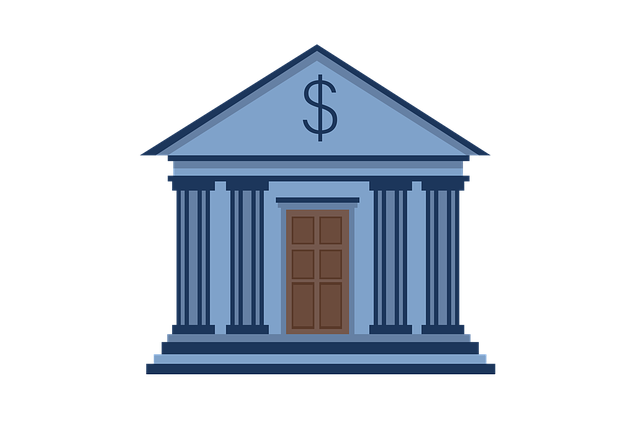The title loan industry is evolving with a focus on ethical practices to meet consumer expectations and regulatory demands. By prioritizing transparency, responsible lending, and fair credit options, lenders build trust and customer satisfaction. Simplifying loan terms and explaining processes clearly, companies create a sustainable environment where borrowers feel protected. Progressive reforms address historical concerns, promoting fairness, consumer education, and reducing fraud risks, ultimately cultivating an ethical and inclusive title loan sector.
Title loan companies are undergoing a transformative journey, adopting an innovative and responsible approach to their business model. This shift towards ethical practices is reshaping the industry landscape. By implementing transparent terms and conditions, these lenders are demystifying complex loan processes for borrowers. Additionally, consumer protection measures are being prioritized to safeguard vulnerable individuals in the lending space. This new era of title loan ethical practices promises a fairer and more accessible credit system.
- Shifting Landscape: Industry Adopts Ethical Frameworks
- Transparent Terms: Demystifying Loan Processes for Borrowers
- Consumer Protection: Safeguarding Vulnerabilities in Lending
Shifting Landscape: Industry Adopts Ethical Frameworks

The landscape of the title loan industry is undergoing a significant transformation as lenders increasingly embrace ethical business model reforms. This shift is driven by growing consumer awareness and regulatory scrutiny, compelling companies to adopt more transparent and responsible practices. By prioritizing ethical frameworks, title loan providers are moving away from high-interest rates and aggressive collection tactics towards fairer and more accessible credit options.
This new emphasis on ethics translates into improved services for borrowers, such as offering vehicle collateral alternatives without the need for a thorough credit check, ensuring quicker and simpler loan approval processes, and promoting clear communication throughout the entire loan lifecycle. These reforms not only enhance customer satisfaction but also contribute to a more sustainable and trustworthy industry, fostering long-term relationships with clients who value transparency and fairness in their financial dealings.
Transparent Terms: Demystifying Loan Processes for Borrowers

In the realm of title loan ethical practices, demystifying loan processes for borrowers is a significant step. Traditionally, the complexities and jargon associated with these loans have often left borrowers feeling lost and vulnerable. However, leading title loan companies are now embracing transparency as a core component of their business model reforms. By simplifying loan terms and explaining vehicle valuation processes clearly, lenders ensure that borrowers understand the conditions and implications of their loans.
This shift towards transparency enables borrowers to make informed decisions, fostering trust between lenders and borrowers. It also facilitates a more sustainable lending environment where both parties are aligned. Moreover, clear communication about title transfer procedures builds confidence, assuring borrowers that their assets are protected throughout the loan tenure without any hidden risks or surprises.
Consumer Protection: Safeguarding Vulnerabilities in Lending

In the realm of title loan ethical practices, consumer protection is a cornerstone that must be fortified to safeguard vulnerabilities in lending. Traditionally, the industry has faced scrutiny for its high-interest rates and complex loan terms, often leaving borrowers in a cycle of debt. However, progressive reforms are pushing towards more transparent and fair practices. One significant step is the adoption of direct deposit systems, ensuring borrowers receive their funds swiftly and securely, reducing the risk of fraudulent transactions.
Additionally, regulatory bodies are implementing measures to educate consumers about their rights and obligations, especially when considering alternatives like boat title loans. By promoting responsible lending and providing clear communication about loan terms, these reforms aim to protect vulnerable individuals from predatory lending practices, fostering a more inclusive and ethical environment in the title loan sector.
As the title loan industry evolves, embracing ethical business model reforms is no longer an option but a necessity. By adopting transparent terms and prioritizing consumer protection, these changes ensure fairness and accessibility for borrowers. This shift in landscape not only benefits individuals seeking financial support but also strengthens the industry’s reputation by fostering trust and long-term sustainability. Ethical practices in title loan companies are a crucial step towards a more responsible and equitable lending environment.






